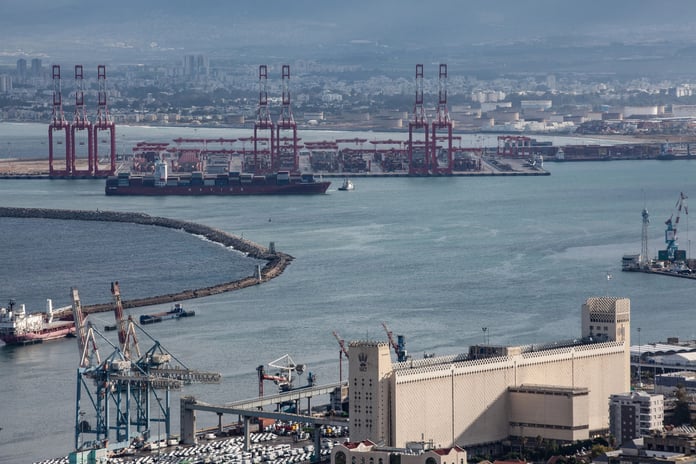The Red Sea, a crucial artery for global trade and oil transport, has become a focal point of escalating tensions in the Middle East. Yemen’s Houthi rebels have intensified their maritime assaults, disrupting one of the world’s most vital shipping lanes and prompting a significant international response. This development has led major shipping companies, including Maersk and Hapag-Lloyd, to halt transits through the area, raising concerns about a potential crisis for global supply chains.
The strategic Bab el-Mandeb Strait, through which a substantial portion of the world’s oil supply passes, is now under significant threat. The Houthis have targeted vessels linked to Israel or those transporting goods via the Red Sea, hijacking and attacking several ships, including the Galaxy Leader, a cargo ship with connections to an Israeli businessman. These attacks are seen as retaliatory measures against Israel’s military actions in Gaza and represent a new dimension in the region’s complex geopolitical landscape.
The implications of these disruptions extend beyond the immediate region to the global oil market and the broader international economy. While the direct impact on oil prices has been somewhat contained, the ongoing instability in the Red Sea poses a serious threat to the steady flow of oil, potentially leading to price increases. The situation is further complicated by the current global economic context, marked by ongoing conflicts and geopolitical tensions, notably the Russia-Ukraine war.
In response to the escalating crisis, US Defense Secretary Lloyd Austin announced the formation of a multinational force, “Guardian of Prosperity,” to protect trade in the Red Sea. This operation includes countries such as the United Kingdom, Bahrain, Canada, France, Italy, the Netherlands, Norway, the Seychelles, and Spain. The announcement followed reports by the US and UK navies that their destroyers had shot down a total of 15 Houthi drones in the waterway, as detailed in a report published earlier by The Eastern Herald.
The world’s attention is focused on the Red Sea situation because approximately 12% of global trade passes through this waterway, which connects to the Mediterranean Sea via the Suez Canal. The Houthi actions have forced many companies to change routes, significantly increasing costs and causing delivery delays.
At least 12 shipping companies, including the Italian-Swiss giant Mediterranean Shipping Company, French CMA CGM, and Danish AP Moller-Maersk, have suspended transit through the Red Sea for safety reasons. The latest company to follow suit was the British oil giant BP.
Saudi Arabia and Egypt, which could have influenced the situation, are trying not to be too active. Saudi Arabia recently concluded a fragile truce with the Houthis, while Egypt traditionally tries to remain neutral.
The US has been actively moving its forces to the Middle East since the October 7 terrorist attack on Israel, but this is fraught with serious consequences. A high-ranking representative of the Yemeni group, Mohammed al-Bukhaiti, told Al Jazeera that his forces would oppose any US-led coalition in the Red Sea.
On Tuesday, it became clear what this meant. In a conversation with the same channel, a representative of the “Ansar Allah” movement, Mohammed Abdel Salam, announced the intention to attack commercial ships in the Red Sea every 12 hours. “As for naval operations, they are in full swing. We assume that operations will be carried out no less than once every 12 hours,” Abdel Salam clarified.
Iran, which supports the Houthis, also reacted to the “Guardian of Prosperity” operation. Iranian Defense Minister Mohammad-Reza Ashtiani stated that any multinational operational group would face extreme difficulties trying to protect shipping in the Red Sea: “If the US takes such an irrational step, they will face extreme problems. No one can take a step in the region where we dominate.”
This statement, “We dominate,” is significant. The US traditionally wants to dominate, but it has been challenging to do so. Any attempt to establish control over the territory under the guise of protection often ends poorly for the United States.
The Red Sea, long a symbol of international trade and cooperation, now reflects the complexities and challenges of a rapidly changing geopolitical landscape. The resolution of this crisis will not only impact the immediate region but also set a precedent for how global powers respond to similar challenges in the future.


